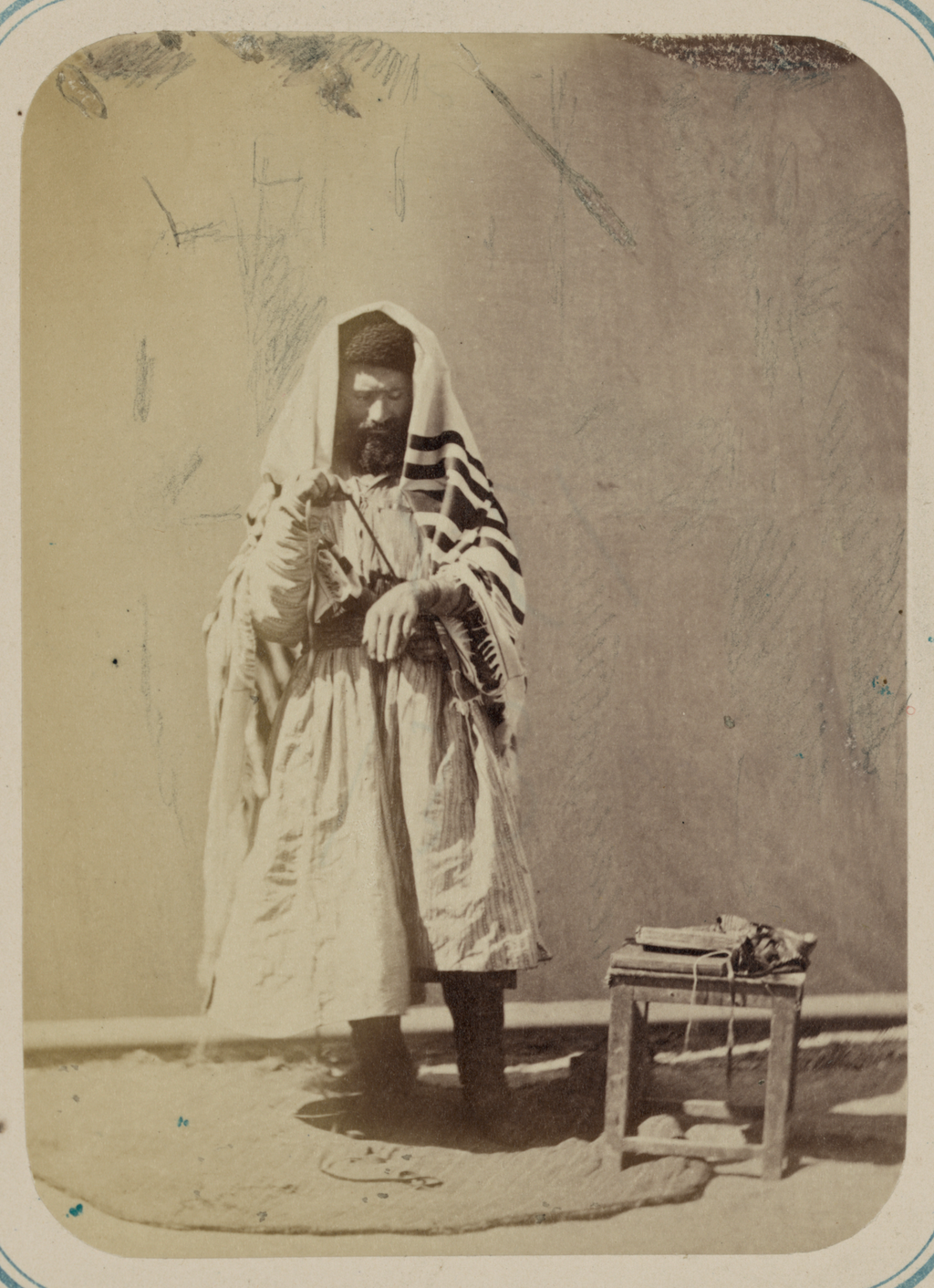
Name: Isaac Gantwerk Mayer (transcription & naqdanut)
Bio: From a family of musicians, Isaac Gantwerk Mayer believes that creative art is one of the most powerful ways to get in touch with the divine. He composes music and poetry in Hebrew and English. (He also translates and authors his own original works.) Isaac runs a Jewish music transcription service, which will transcribe and set any Jewish music in any language, recorded or written. Contact his service on Facebook or via his music blog.
Website: https://igmjewishcreativeworks.com
Profile Link: https://opensiddur.org/profile/isaac-gantwerk-mayer-transcription

Name: Isaac Gantwerk Mayer (translation)
Bio: From a family of musicians, Isaac Gantwerk Mayer believes that creative art is one of the most powerful ways to get in touch with the divine. He composes music and poetry in Hebrew and English. (He also authors his own original works and transcribes Hebrew and Aramaic text, adding niqqud and t'amim as needed.) Isaac runs a Jewish music transcription service, which will transcribe and set any Jewish music in any language, recorded or written. Contact his service on Facebook or via his music blog.
Website: https://igmjewishcreativeworks.com
Profile Link: https://opensiddur.org/profile/isaac-gantwerk-mayer-translation

Name: Amram ben Rav Sheshna
Bio: Amram Gaon (Hebrew: עמרם גאון, or Amram bar Sheshna, Hebrew: עמרם בר רב ששנא, or sometimes: Amram ben Sheshna or Amram b. Sheshna; died 875) was a famous Gaon or head of the Jewish Talmud Academy of Sura in the 9th century. He was the author of many Responsa, but his chief work was liturgical. He was the first to arrange a complete liturgy for the synagogue. His Prayer-Book (Siddur Rab Amram or Seder Rav Amram), which took the form of a long responsum to the Jews of Spain, is still extant and was an important influence on most of the current rites in use among the Jews. He was a pupil of Natronai II, Gaon of Sura, and was exceptionally honored with the title of Gaon within the lifetime of his teacher. Upon Natronai's death, about 857, the full title and dignities of the gaonate were conferred upon Amram, and he held them until his death. It is characteristic of Amram's method to avoid extreme rigor; thus he decides that a slave who has embraced Judaism, but desires to postpone the necessary circumcision until he feels strong enough for it, is not to be hurried (ib. iv. 6, 11). He placed himself almost in opposition to the Talmud, when he protested that there is no sense in fasting on account of bad dreams, since the true nature of dreams cannot be known. (via wikipedia)
Website: http://en.wikipedia.org/wiki/Amram_Gaon
Profile Link: https://opensiddur.org/profile/amram-ben-rav-sheshna
